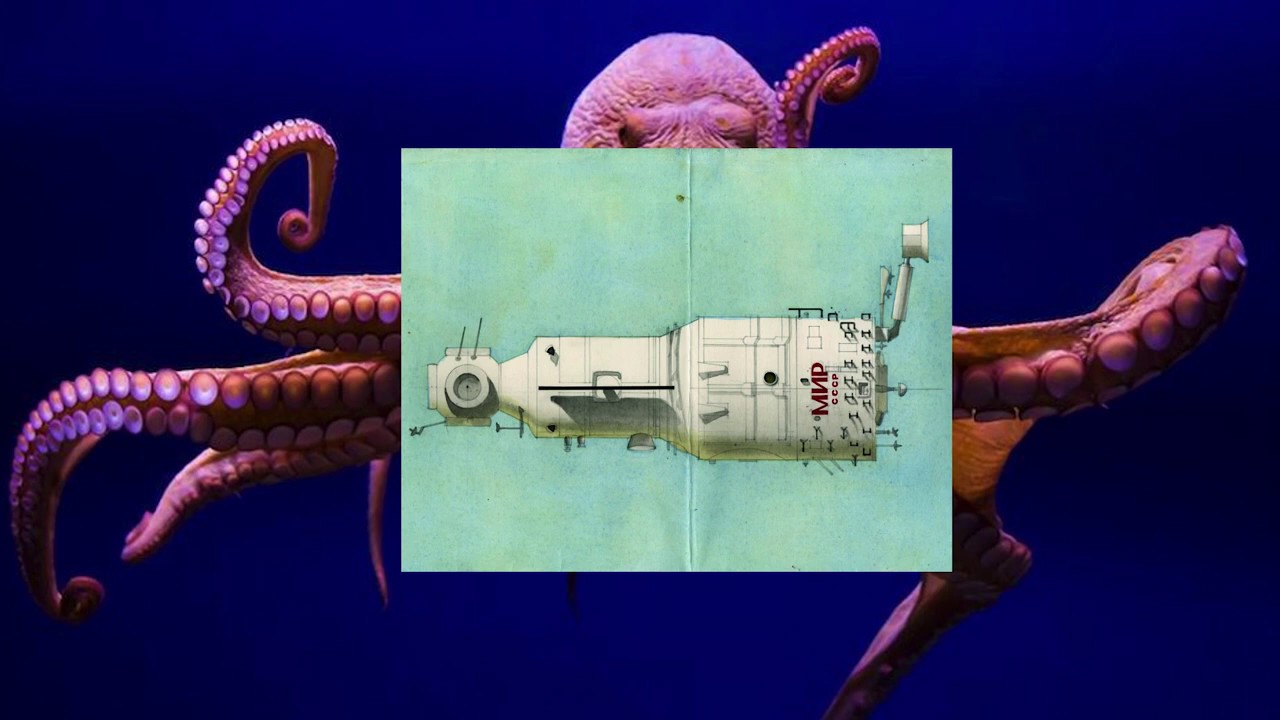TTF2020 Remote Fellowship: COSMOPLANETARITY
Rachel Hill (UK)
The Earth, as a planet, is metastable. Although often thought as coterminous with the biosphere, the Earth’s planetary parameters instead unspool outwards, artificially expanded and expanding. The growing population of microgravity infrastructures, such as satellites and space stations, testify to the increasing plasticity of Earth’s parameters. Aggregated and aggregating, these new layers feed into Earth’s systems, modulating life as it is lived on the skin-thin surfaces below. A full account of the planet cannot therefore be taken without an awareness of this infrastructural origami of established, new and anticipated extensions. Hence cosmic-planetarity, or cosmoplanetarity, argues that it is only through incorporating and accounting for this artificial expansiveness that a truly planetary scale design, with its substantive interventions, can be attempted.
Cosmoplanetarity emerges from the need to present a properly, cosmically contextualised understanding of the Earth and its Earthlings, which is incorporative of the planet’s burgeoning boundaries. This then is the work of cosmoplanetarity: to consider how modes of inhabitation are intimately entangled within both how the planet is extended, and completing the loop, what such extensions mean for multivarious Earthlings. Taking the space station as its primary site of investigation, cosmoplanetarity asks: what does it mean to inhabit an artificially extending, cyborgian planet?
The project was developed during The Terraforming 2020 at the Strelka Institute for Media, Architecture and Design in Moscow, Russia
https://theterraforming.strelka.com/
Program Director: Benjamin H. Bratton
Program Design Tutors: Nicolay Boyadjiev
TTF 2020 Fellowship – Cosmoplanetarity
